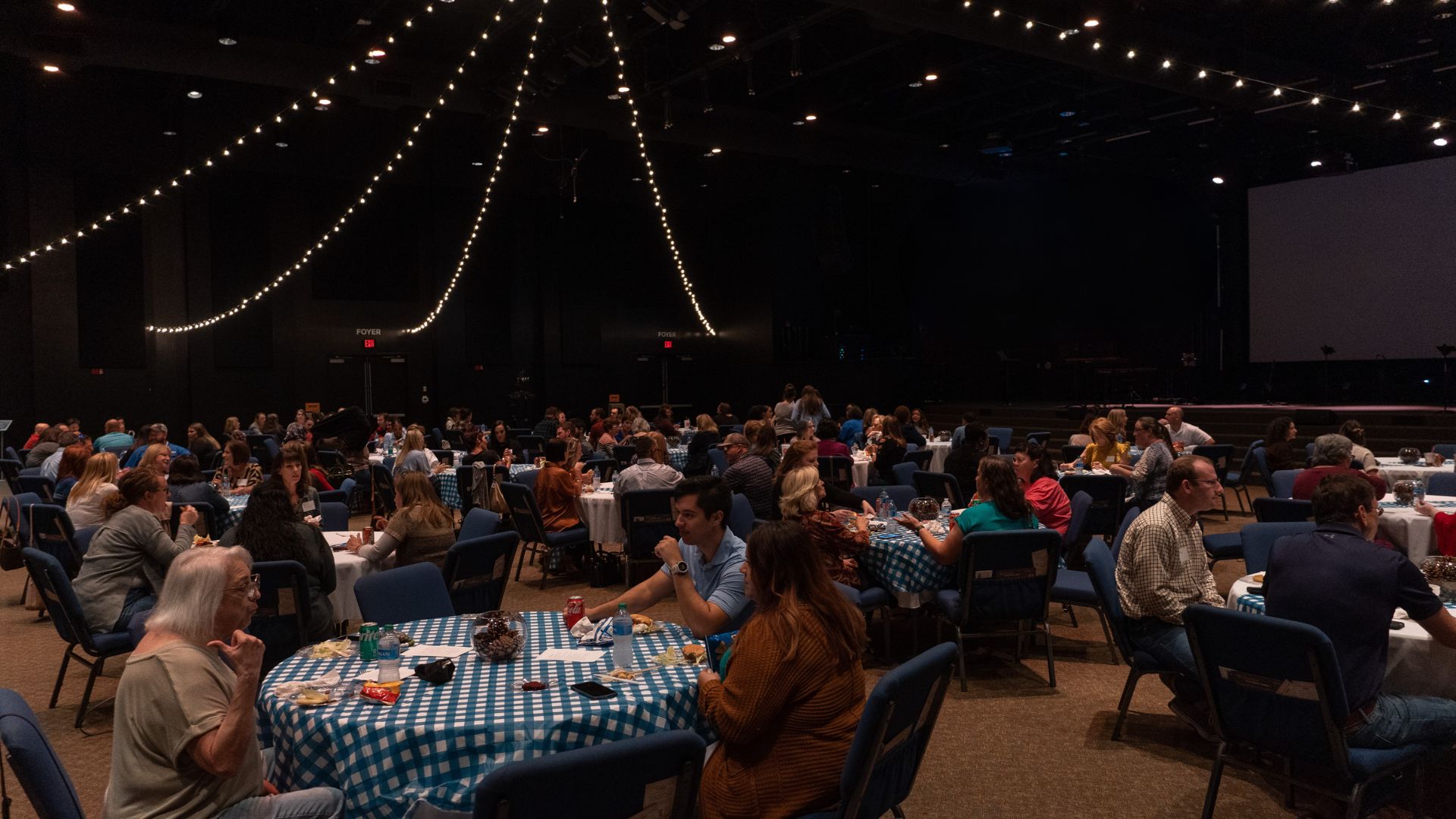
Singles
She has a commitment issue. He has a phobia and can’t commit. If you’re single you’ve either heard it once or a million times. Or, perhaps you’ll admit that you’ve thought it about another single–that guy or gal who says no to marriage, no to a long-term relationship or who seems to jump from one relationship to another without a care for the feelings of others. For some singles, this may be true. But for





